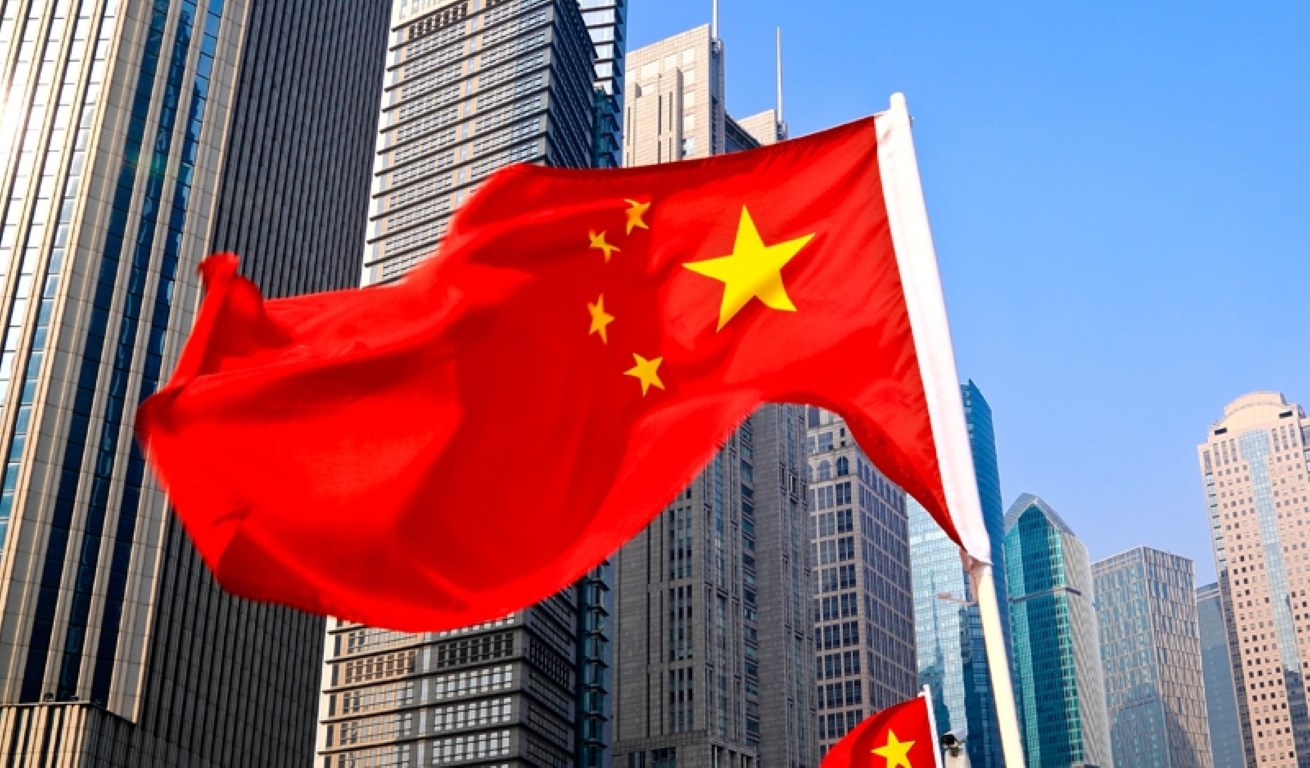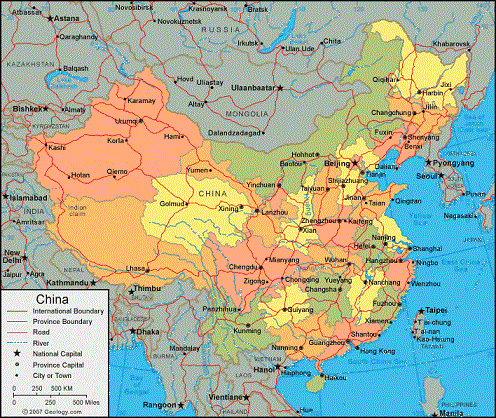China’s Blockchain ambitions
December 13, 2017 | Expert Insights

Despite its reluctance in embracing Bitcoins and cryptocurrency, China has made significant investment towards the research of Blockchain. What is the nation’s agenda behind developing this technology? Is it trying to undercut the US dollar?
Background
Blockchain is the world's leading software platform for digital assets. It is a decentralized and distributed digital ledger of cryptocurrency. It cannot be controlled by any single entity and it has no single point of failure.
Bitcoin is a peer-to-peer electronic cash system. It was first created in 2008 by either an anonymous programmer or a group of programmers under a pseudonym, Satoshi Nakamoto. “Nakamoto” released Bitcoin in 2009 as an open source software. It is a decentralized electronic currency that is not controlled by any government. It is one of the most popular cryptocurrencies in the world. Litecoin, Peercoin, Namecoin and Ripple are among the other cryptocurrencies available.
Bitcoin is a community-run system. It has often been referred to as the first “start-up currency”. By the beginning of 2015, there were 100,000 merchants and vendors who accepted Bitcoins as payment. Bitcoins have been used in illegal trade online as well. In August 2017, it was revealed that due to Bitcoin’s bullish performance in the market, the value of all Bitcoins in the world was more than $56 billion.
In September 2017, Recently, China called a freeze on all fundraising through initial coin offerings. The country has also shut down exchanges with hopes of completely undercutting cryptocurrencies. In addition, three of the nation’s largest cryptocurrency exchanges, OKCoin, Huobi and BTC China issued statements noting that they would shut down trading between Bitcoin and Huan soon. Given that China operates in relative secrecy, one cannot intelligently guess when it will allow trading to resume.

Analysis
In September 2017, China called a freeze on all fundraising through initial coin offerings. The country has also shut down exchanges with hopes of completely undercutting cryptocurrencies. Despite, its resistance to the Bitcoin, China seems to be navigating towards Blockchain. In June 2017, the People’s Bank of China opened its own new cryptocurrency research lab. PBoC, which is the central bank of China, has also made significant investments towards research in Blockchain. Additionally, in September 2017, the Ministry of Industry and Information Technology launched a research facility called the Trusted Blockchain Open Lab. The facility was built to support the nation’s ongoing development of the technology. Director General of the Research Institute of the People's Bank of China, Sun Guofeng, once stated, “Blockchain itself is a good technology, and an ICO is not the only way through which one can carry out research into it.”
The Chinese government has announced that it plans to start using blockchain technology for collecting taxes and issuing electronic invoices. Although it is currently unclear on how this will be implemented or work.
Hence, what’s the agenda behind China’s crackdown of Bitcoins? Some argue that the nation is stifling Bitcoin for political purposes. China will able to conduct and foster international trade under its own terms. With Blockchain technology, China will be advance its regional interests. It will also be able to undercut US’ dominance in the world economy. Through advanced technology, China will be able to put into place an integrated system that can process and monitor cross-border movement of merchandise and goods. Most importantly, it could collaborate with Russia to undercut the value of the US dollar. If China did not need trade payments in US dollars, then the US economy will suffer as a result. Russia has also signaled that it is willing to expand on its strategic ties with China. In September 2017, Russian leader Vladimir Putin spoke of a fair multipolar world' concept in which oil contracts could bypass the US dollar and be traded with oil, yuan and gold.
Investing in blockchain infrastructure will also help China when the One Belt One Road initiative becomes functional. If the trade occurring through this platform is conducted through a dedicated cryptocurrency, then it would further undercut the financial systems controlled by the US.
Assessment
Our assessment is that China’s investment in building the necessary infrastructure and technology to expand its Blockchain capabilities is a clear signal that it is trying to undercut the value of the US dollar. The nation is likely to be successful if receives the support of other countries especially Russia.








Comments